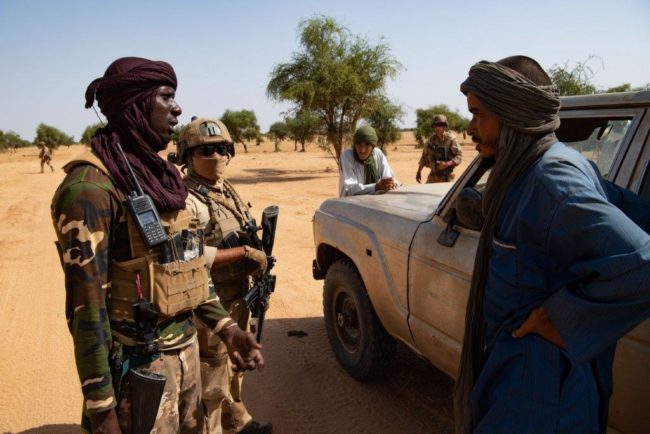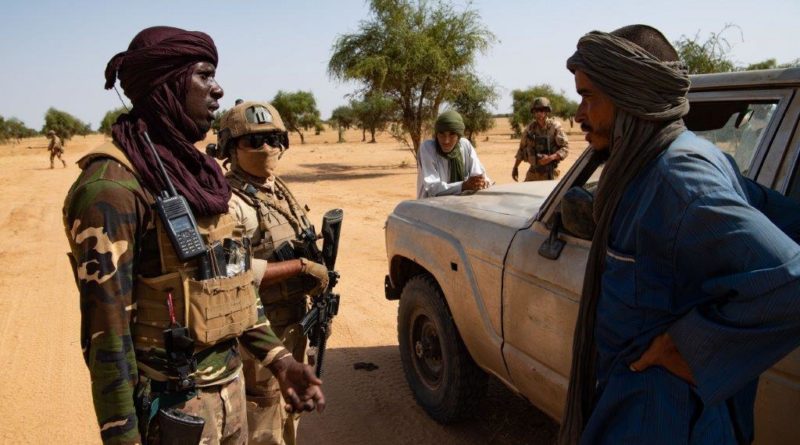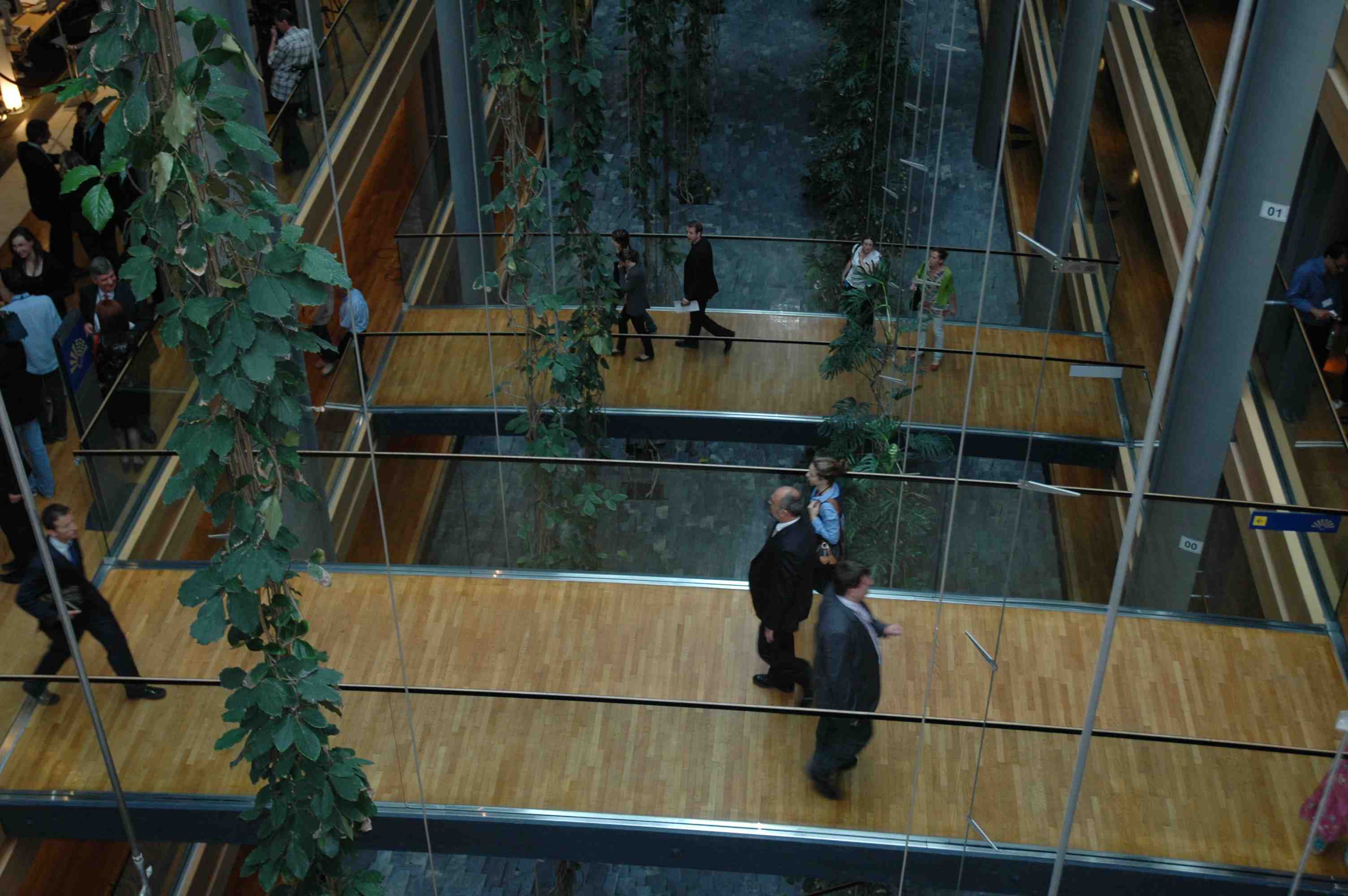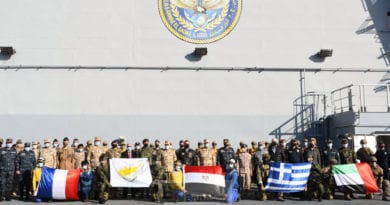Force Takuba: who participates, observes or simply supports? (v3)
(B2 - exclusive) The list of European countries coming to reinforce Operation Barkhane with special forces does not increase significantly. But it tends to materialize

Five countries committed in total
Two countries are already there (Estonia and Czech Republic), a third should arrive, Sweden, with a significant contingent (150 people). Enough to form three task-groups, in partnership with the French.
Only three task-groups
Each special forces contingent is attached to an ULRI (Light Reconnaissance and Intervention Unit) of the Malian army. With the objective of triple A: Assist (er), Advise (adviser), Accompanied (er), the upscaling of the Malian forces until they are fully autonomous.
The 1st Franco-Estonian task-group, the oldest, has 60 French and 30 Estonians, based in Gao and attached to the 4th ULRI with 90 personnel from the 132nd mechanized company in Gao, and some Nigerien elements.
The 2nd Franco-Czech task-group should have the same size (51 French and around 35 Czechs), with an operational capacity reached in mid-January. It will be based in Menaka and attached to the 2nd ULRI. All the Czech soldiers have arrived, specified the spokesman for the armies, Colonel Burkhard during the 15.01 press briefing. It remains to make the operational incorporation. Which should be the end of the month or rather February.
The 3rd Swedish task-group will also be based in the larger Menaka. They will be operational by end March. The Swedes will also provide a QRF, rapid reaction force, surgical elements, as well as four Black Hawk helicopters. Very useful for Operation Barkhane which lacks helicopter means. In all, a contingent of about 150 people. The Swedes, on the other hand, will not be associated with a Malian ULRI (read: Sweden and Takuba, Russia, NATO by Peter Hultqvist).
Two more countries by the end of the year
The Italians will not arrive immediately. The idea of setting up a task-group (based in Ansongo), as initially planned (in the bill presented by the government in May 2020 and approved in Parliament in July) is not confirmed. The Italian contingent should include a good hundred men, partly from the special forces, with a Medevac component and eight helicopters (mixed transport and attack). Expected arrival: rather in the second semester. A first reconnaissance was carried out at the beginning of February (read: Takuba Task Force. The Italians are coming).
As for Greece, discussions are ongoing according to an official from the Ministry of the Armed Forces, interviewed by B2 to determine the exact profile of their participation. This would remain modest “, according to our first assessment, of the order of a few dozen (maximum) people who would not join a taskgroup, but would rather provide support.
A presence at HQ
Four countries (Denmark, Belgium, Netherlands, Portugal) participate by sending from one to four officers to the force headquarters in N'Djamena or Gao (*). This participation is symbolic in itself, but it can be useful in preparing for a more robust future participation, on the ground. As a foreign officer put it, above all, it makes it possible to " know more " on the terms of the operation and " report » these elements internally. Note that not all of these officers are present yet. The Belgians haven't arrived yet.
Political support
Three countries are not physically present, but politically support the force (Germany, Norway, United Kingdom). The case of Norway is symptomatic of the weakness of commitment. Starting out to align forces on the ground, Oslo fell back due to lack of support in the Storting, the Norwegian parliament.
(shift) Other participants next year
The French Minister for the Armed Forces, Florence Parly, does not despair of obtaining other participations. She indicated this to the National Assembly on Tuesday (January 12). " We are in discussion with the Germans and the Portuguese to finalize the conditions for their deployment before the end of the year ". That's not a " debate on the principle, but on the conditions she clarified. And for the " next deployment ", other countries in observation could decide: " we are in discussion with the Netherlands in particular ».
(Nicolas Gros-Verheyde)
(*) It is the addition of these four countries, to the previous five which gives the figure of nine, quoted by the Minister of the Armed Forces, Florence Parly, in the countries 'committed' to Takuba.
(updated 13.01 and 16.01) on the possible future participants (minister) - on the complete Czech presence and the Belgian absence at HQ - (30.03) on the Italian presence and the Swedish presence



